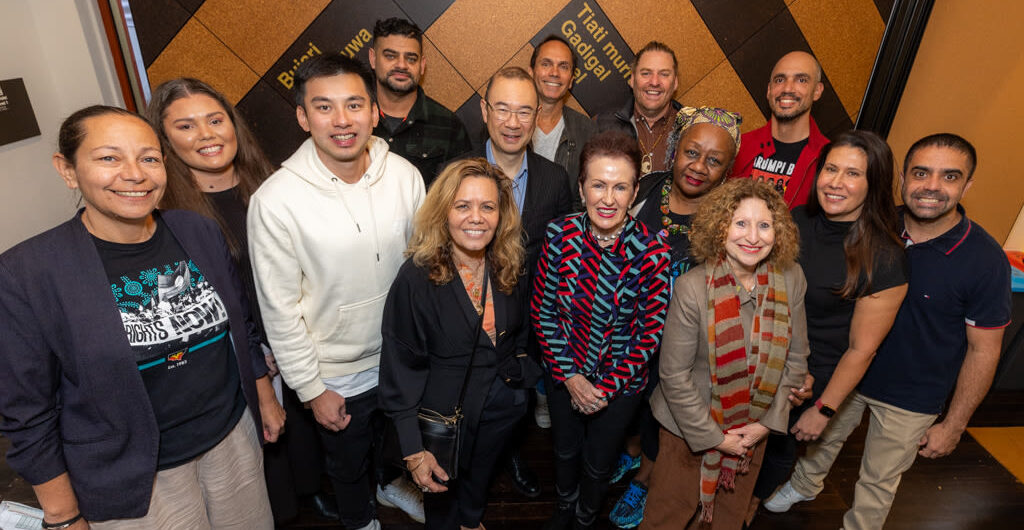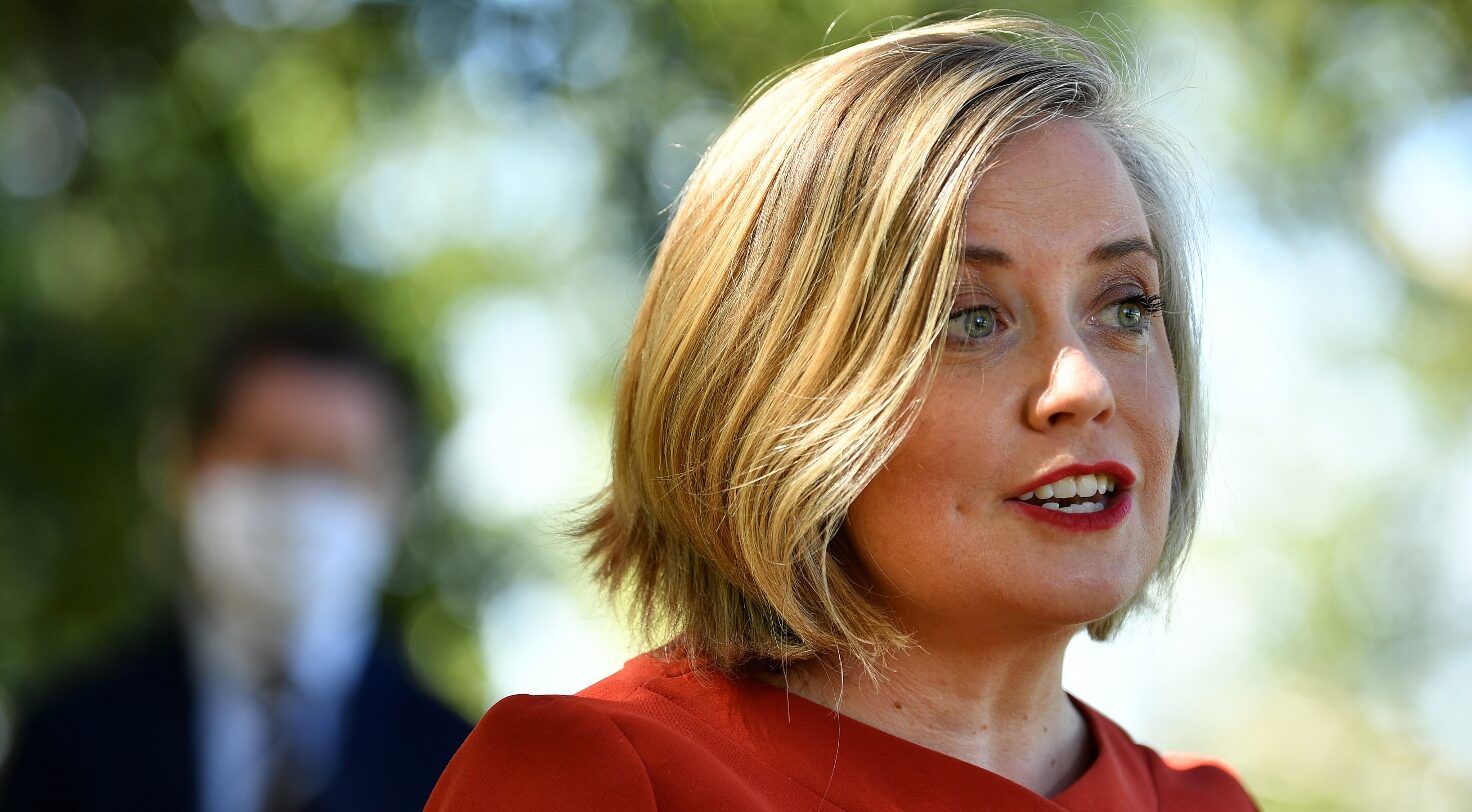
The Australian Press Council has proposed reforms that would see publishers who violate industry standards subject to heavy fines, censures and reprimands.
The lengthy submission to the Independent Inquiry into Media and Media Regulation requested the body be granted more power in dealing with offending publications, but identified the proposed reforms may be ineffective if publishers are outside the Council’s jurisdiction.
The Council’s chair person Professor Julian Disney said: “There is no compulsion to become subject to it and some publishers might consider that there are no compelling disadvantages in deciding not to do so,” in an open letter to Ray Finklestein QC – who is heading the Inquiry.
A spokesperson for the Media Entertainment and Arts Alliance (MEAA), said they had discussed the proposed reforms and agreed the Council’s structure needed to be reviewed.
“It doesn’t necessarily lie in imposing harsher penalties – that’s not the issue with regulation. People breaking the law should be apprehended and punished,” the spokesperson said.
Director of the Journalism and Media Research Centre at the University of New South Wales, Professor Catharine Lumby, said the issue is professional journalists do not necessarily produce the majority of offending material.
“We’ve moved beyond the idea that there are professional people who are media producers and passive players who consume media,” she said.
“[Now] content moves frictionlessly and easily between different devices and platforms.”
Ms Lumby recommended understanding the role of those participating in broader media before imposing harsher sanctions on professionals practicing in the industry.
“These are the people at the forefront when it comes to inappropriate or offensive material online. It is media users who are most likely to question that content because of that sense of community . . . [and] we haven’t yet harnessed that role,” she said.
The MEAA spokesperson said: “We’re certainly not in favour of increased government interference in journalistic content or practice where it’s not required.”
“There certainly aren’t a huge volume of complaints or misbehaviour in Australia; we tend to know the boundaries and, on the whole, Australian journalists tend to work pretty ethically,” he said.
Submissions to the Media Inquiry closed on October 31.
By Kristen Amiet









